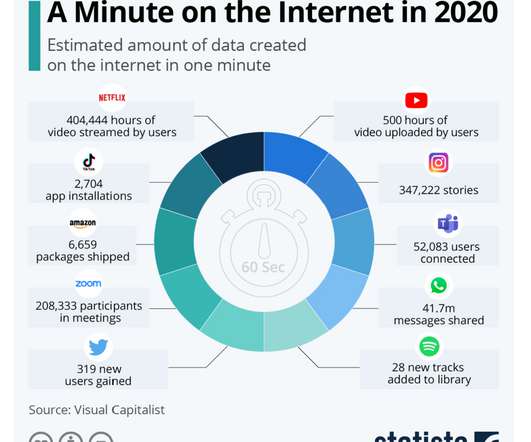Doing Cloud Migration and Data Governance Right the First Time
erwin
OCTOBER 8, 2020
So if you’re going to move from your data from on-premise legacy data stores and warehouse systems to the cloud, you should do it right the first time. But transforming and migrating enterprise data to the cloud is only half the story – once there, it needs to be governed for completeness and compliance.






























Let's personalize your content